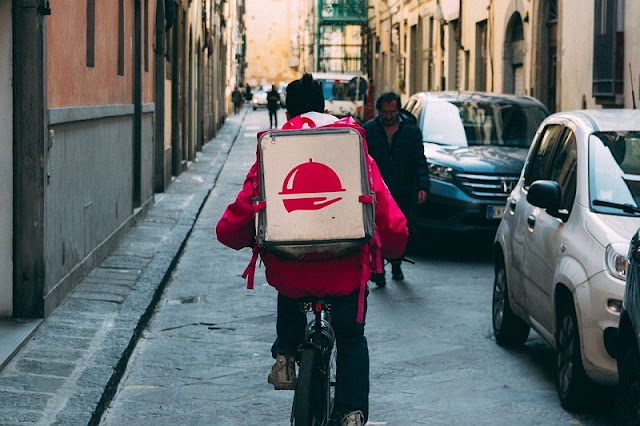Day One: Covid and Memory
How many times have I been to London? I don’t know, I can’t count them. So that many. Of all all those trips, this morning, July 5, 2020, was the first time I have ever let myself sleep in the day after arriving. Until 12:45 p.m. My sleeping-in was languorous, delicious, and totally guilt-free, because there was literally nowhere to go. I have to quarantine here, in the flat, for two weeks.
It is important to note the few blessings of a pandemic.
Because much more visible are its curses. In the foreshortened time frame of the last several months, the early and startling death rate in Wuhan is already a distant memory; now we have Florida, Brazil, Houston, and Russia to worry about, in rapid succession, too fast to stop and note the media’s equations of U.S. cities with countries and states. It’s about the shock of the increase at different scales. City, state, and country are all alike receptacles for relative caseloads. A way of reckoning the virus’s growth. A way of imagining. What a small connected planet we find ourselves on.
For an American, the virus’s most recent curse is political. It has tapped into the animus of a divided country, a country already roiling, before February 2020, from the latest eruptions of its unresolved original sin.
“In Holiday Speeches, Trump Updates ‘American Carnage’ Message, Sowing Division” (thus the NYT headline, for today).
In one of the dizzying ironies we have come to recognize as commonplace, “carnage” here does not refer to any of the 132,000 American deaths to date - no, not a one of them - but rather to the toppling of Confederate statues. The American president’s deft mind control over his followers omits any mention of the pandemic. The result of this rhetorical sleight of hand does not erase the reality of a 90% increase in Covid cases. Rather, in the act of denial it makes disease an inclusive category for all the ills we bear -- social, cultural, and biological. Trump names the gestalt of the American summer of 2020 with one homogenizing, capacious term for everything we know we are suffering. It’s carnage.
The new coronavirus, which we all know by its familiar appearance, an affable-looking red-spoked sphere like you might meet in a comic-book, does not have opinions about our sins or our politics, American or otherwise. It ‘lives’ only to reproduce, and to travel as much and as far as it can. It is not directly at fault for our complex response to its introduction into our microbiome.
And yet it has acted like a chemical developer on the hazy screen of half-buried racial divisions. We are living in a black and white photograph now, with sharply outlined figures, a vast depth of field, and violent chiaroscuro.
I grew up in the South, in Fort Worth, Texas. Texas does not factor much in the iconic history of the Civil War, not in the way that Georgia, Mississippi, and Virginia do. But in social lines of descent it certainly does, enough so that when I was in school in the 1960s and 70s I thought of Confederate flags as banners to a necessary but tragic defeat. There was something romantic, ignorant, and prophetic in this flag worship, in the causal way that hippies hung the flag above their beds or over television sets. Slavery was erased from white cultural memory of the Civil War and a legacy of heroic rebellion was installed in its place. “Confederate”- handsome, roguish boys with long hair and handlebar mustaches, like rock stars. I was too young and too of my world to recognize the segregatory actions of my imagination which stipulated that Confederates could only appear in the mind as white boys, even though my own handsome, roguish boys, the ones I dated in high school, included a brown one and a black one.
Confederate: also a word for a secret accomplice in a magic trick. I learned this when studying card tricks in grade school. At first I had to look the word up, because what did the Civil War have to do with magic? Having untangled the separate meanings, I still couldn’t quite keep them apart, the dusty Confederate soldier and the everyday accomplice, a confusion that was abetted by the antiquated magic shop on Main St., where my father took me so he could talk to the owner, an old Italian man, while I rifled through old booklets on card tricks, astrology, and spells that would either make somebody fall in love with you or die in their sleep. No one ever seemed to buy these things; they looked to have been there untouched for decades.
When I performed card tricks, the ghost of a confederate soldier sat across from me.




Comments
Post a Comment